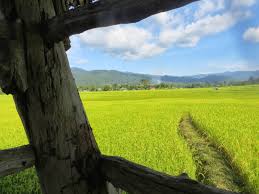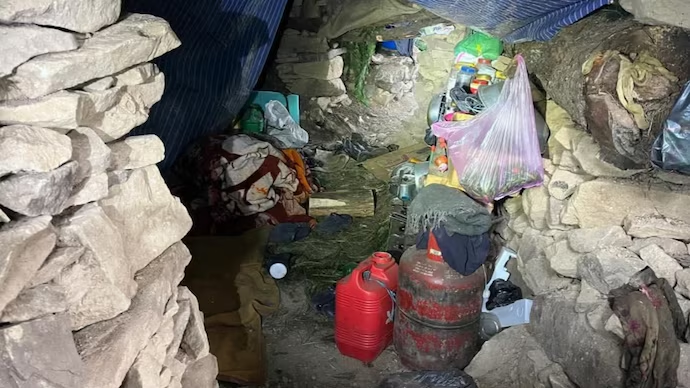Bill to prohibit conversion of farmland lapsed few years ago
Jungles of concrete continue to come up at a rapid pace at the expense of fertile farmland in Bishnah and RS Pura, rice bowl of the state, as the Bill to prohibit conversion of agricultural land to use it for non-agricultural purposes is yet to see the light of day.
 The jungles of concrete continue to usurp fertile farmland in Bishnah, around 15 km from Jammu, and RS Pura, 17 km from the winter capital, while successive governments driven by vote-bank politics keep quiet.
The jungles of concrete continue to usurp fertile farmland in Bishnah, around 15 km from Jammu, and RS Pura, 17 km from the winter capital, while successive governments driven by vote-bank politics keep quiet.
“State governments have, from time to time, failed to check conversion of farmland for commercial and residential use. Food grain productivity is reducing every rabi and kharif season,” said Suresh Gupta, a resident of Kotli in Bishnah.
Both Bishnah and RS Pura regions were known for producing world-class basmati rice, known for its rich aroma and taste.
“Bishnah has become the most preferred place for people to construct their houses because it is close to Jammu. Farmland owners find it easy to make money by selling their landholding without bothering about ramifications on food production,” he said.
Property dealers in both areas, especially Bishnah, had purchased farmland from naive and gullible villagers at low rates and set up their offices, he said.
“Property dealers have carved out roads and got electricity poles installed in connivance with the administration to give a proper look to their colonies where plots are for sale at between Rs 1 lakh per marla and Rs 3 lakh per marla,” Gupta said.
Swarn Singh of Seohra said farming had taken a hit because villagers were selling their landholdings with impunity. A private dental college, two filling stations, three or four banquet halls, shops and colleges had come up in the area in recent times. In 2011, the then NC-Congress government had introduced the Jammu and Kashmir Prohibition on Conversion of Agricultural Land into Non-Agricultural Purposes Bill.
With divergent views of MLAs in the ruling alliance and the Opposition, then Speaker Mohammed Akbar Lone had referred it to a Joint Select Committee, where it lapsed.
Former bureaucrat and former Kathua MLA Charanjeet Singh, who was a member of the panel, said all members were of the view that the state had several revenue laws that prohibited the malpractice.
“We felt that existing laws needed to be implemented strictly and there was no need to have a new law, due to which the Bill lapsed,” he said.
A Revenue Department official in RS Pura admitted that existing laws were seldom implemented in letter and in spirit. “Agricultural land is shrinking at a rapid pace. We need to act fast, otherwise it will be too little too late.” Ironically, the state imports over seven lakh metric tonnes of food grain and one lakh metric tonnes of vegetables every year to meet the shortage.




